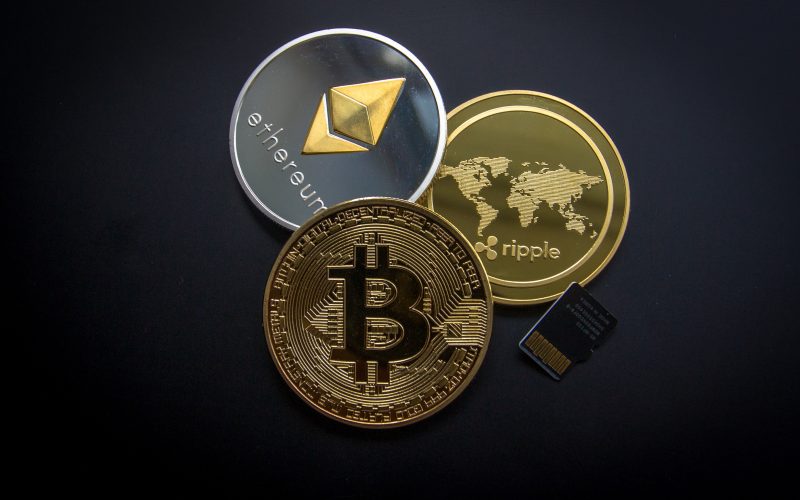In a world increasingly defined by digital innovation, Bitcoin has emerged as a disruptive force reshaping the financial landscape. Beyond its speculative allure and its adoption by institutional investors, Bitcoin has the potential to revolutionize the lives of billions who remain unbanked or underbanked. This transformative power is rooted in the promise of financial inclusion, giving the marginalized access to the global economy. In this feature story, we delve into Bitcoin’s pivotal role in bridging the gap and empowering the unbanked.
The Global Unbanked Dilemma

It is a startling fact that over 1.7 billion people, or roughly 31% of the global population, remain unbanked. These individuals are excluded from basic financial services that many of us take for granted, such as access to savings accounts, loans, and secure payment methods. The majority of the unbanked reside in emerging markets and developing countries, where traditional banking infrastructure is often lacking or prohibitively expensive.
Bitcoin’s Value Proposition for the Unbanked
Bitcoin, as a decentralized digital currency, offers a ray of hope to the unbanked. Unlike traditional banking, which relies on physical branches and intermediaries, Bitcoin operates on a peer-to-peer network, allowing users to send and receive funds without the need for a traditional bank account. This digital currency transcends borders and bypasses bureaucratic red tape, providing financial access to the underserved.
One of the most compelling aspects of Bitcoin is its accessibility. All you need is an internet connection and a smartphone to participate in the global economy. For the unbanked in remote or underserved regions, this represents a significant leap forward. Bitcoin empowers them to transact securely and store value in a way that was previously unimaginable.
Overcoming Barriers to Adoption
While Bitcoin offers a glimmer of hope, it’s essential to address the challenges of adoption for the unbanked. These hurdles include:
- Infrastructure: Many unbanked regions lack reliable internet access and digital literacy, which are prerequisites for using Bitcoin. Initiatives to improve digital infrastructure and education are essential to bridge this gap.
- Volatility: Bitcoin’s price volatility can be a significant concern for those with limited financial resources. Efforts to create more stable cryptocurrencies or educate users on managing risk are necessary.
- Regulation: Developing countries often lack clear regulatory frameworks for cryptocurrencies. Establishing sensible and inclusive regulations can ensure the unbanked can benefit from Bitcoin without undue risk.
Impact Beyond the Individual
Financial inclusion through Bitcoin not only empowers individuals but also contributes to broader economic development. By fostering entrepreneurship and fostering small businesses, Bitcoin can be a catalyst for economic growth in underserved communities. It has the potential to reduce the reliance on costly remittance services and enable the unbanked to participate in the global marketplace.
Conclusion: Bitcoin’s Promise for Financial Inclusion
The promise of Bitcoin in empowering the unbanked is both tantalizing and fraught with challenges. It holds the potential to transform the lives of millions, providing access to financial services that can alleviate poverty and stimulate economic development. Yet, achieving this potential requires a multi-faceted approach that addresses infrastructure, volatility, and regulation.
As Bitcoin continues to evolve, its role in financial inclusion will undoubtedly remain a central theme. The world watches with bated breath as this digital disruptor charts a new path towards a more inclusive global financial system, one where no one is left behind. It’s a journey fraught with uncertainty, but one that holds the promise of a more equitable world.











